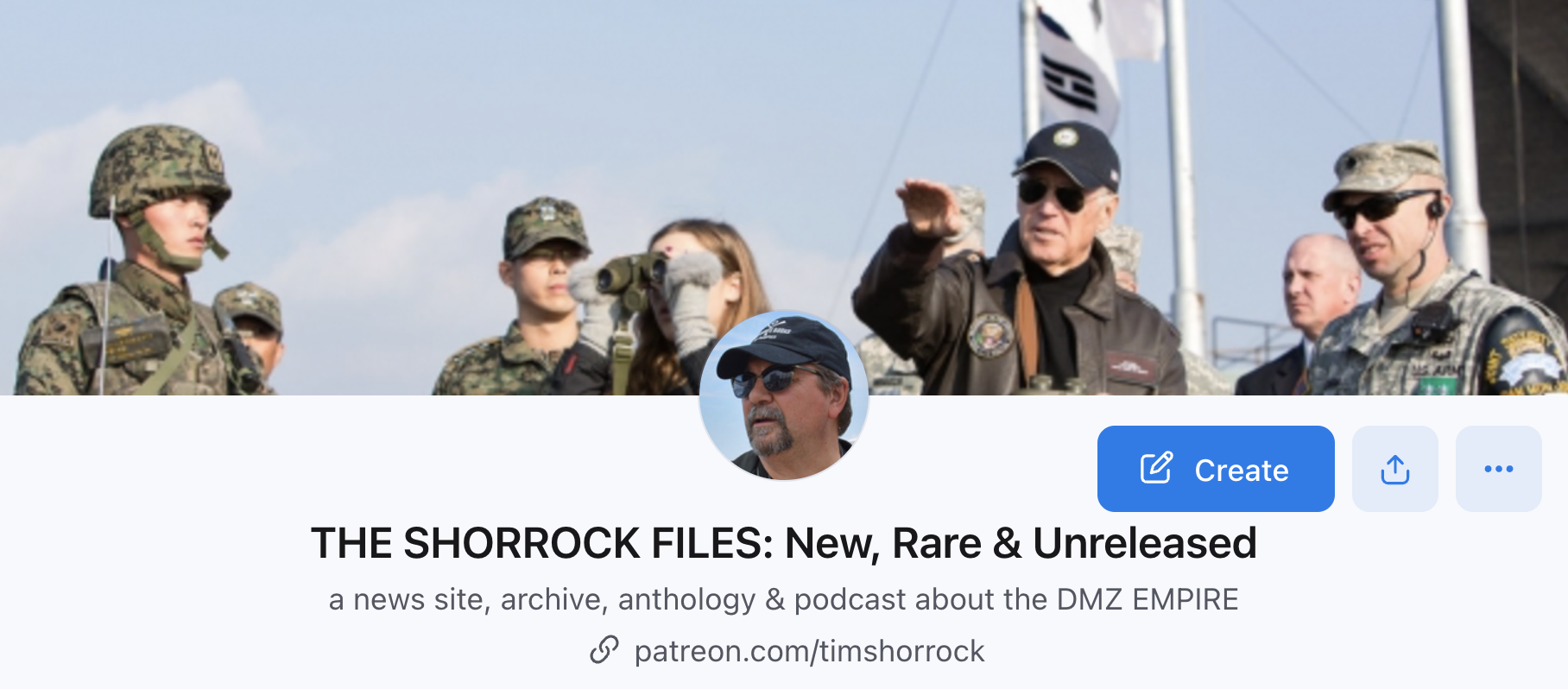The New Orleans Times-Picayune and ProPublica today broke the story of the indictment of a former New Orleans resident charged with federal hate crimes “for his alleged role in a racially motivated shooting of three black men in the days after Hurricane Katrina.”
Roland J. Bourgeois Jr., 47, is accused of plotting to defend his Algiers Point neighborhood “from outsiders” including African-Americans, constructing barricades on public streets and using racial epithets to describe black people, according to the five-count indictment.
At one point, Bourgeois allegedly said, “Anything coming up this street darker than a paper bag is getting shot.”
The indictment charges Bourgeois with doing just that when three black males walked through the neighborhood toward a makeshift Coast Guard evacuation center on Sept. 1. Bourgeois fired a shotgun at the trio, felling Donnell Herrington and wounding Herrington’s two companions near the corner of Pelican Avenue and Vallette Street, according to the indictment.
It’s about damn time. Many of us who covered post-Katrina New Orleans heard about the racial violence that followed the storm. I spent a lot of time in Algiers itself, writing about the Common Ground clinic founded just after the hurricane and the breach of the levees. Here’s what I reported, based on conversations with local residents, in December 2005.
In Algiers, which escaped the flood but was hard-hit by wind damage, white residents frightened by media images about car-jackings and looting camped out on their roofs, guns at the ready; witnesses in the area later reported finding at least four bodies, all black men, killed mysteriously by shotgun fire. Late one night, National Guardsmen and a SWAT team from New Orleans’ notoriously racist police department raided the Algiers Fischer Housing Development, allegedly in search of someone who had fired bullets at a cell phone truck. In response, young black youths seized guns and pistols from local pawn shops and vowed to protect their community from the troops and what they called white vigilantes.
Algiers resident Ronald Ragens, 55, remembers those days as lonely and frightening. “All you was seein’ was police, military and all kinds of huge trucks running supplies here and there, helicopters flyin’ over like it was a war zone,” he says. “It was rough. Never seen nothin’ like that in my life.” New Orleans, one of the nation’s oldest and most diverse communities, was spinning out of control, its people tense, anxious, suspicious and exhausted.
Then something happened that melted the fear and eased the tension. One morning four days into the storm, four young white men calling themselves “street medics” began riding bicycles around Algiers, combing the projects and the low-income neighborhoods by the river for people needing medical attention. Mystified residents, many of whom hadn’t seen a doctor for weeks and had no clue when local hospitals would open again, asked cautiously if they were from the Red Cross or the Federal Emergency Management Agency, neither of which had made an appearance in Algiers since the storm. Told that no, they were just volunteers who had come without authorization, the locals eagerly accepted the offers of first aid, allowing the visitors to take their blood pressure, test them for diabetes, and inquire about symptoms of anxiety, depression and disease that might have been kicked up by Katrina.
“It was just about the noblest thing I’ve every witnessed in my life,” recalls Malik Rahim, a lifelong Algiers resident, local housing activist and former Black Panther Party member who helped arrange space in a local mosque for the medical workers. ”It was the street medics who really stopped this city from exploding into a race war, because they were white and were serving the black community at a time when blacks were fed up. Those are the real heroes of this thing.”
For the rest of my article, click here. Kudos to the reporters who dug into this story and helped correct a terrible injustice.
